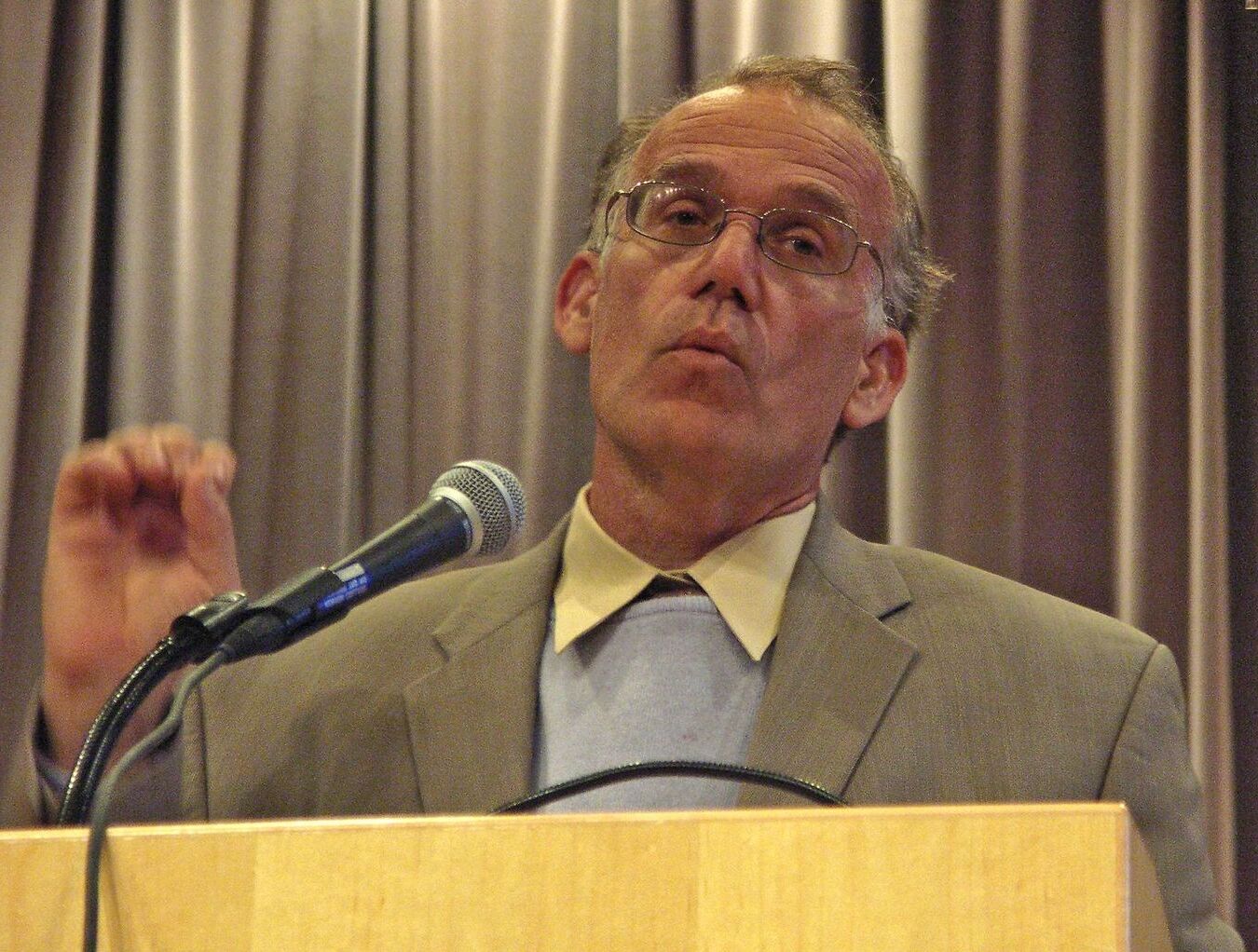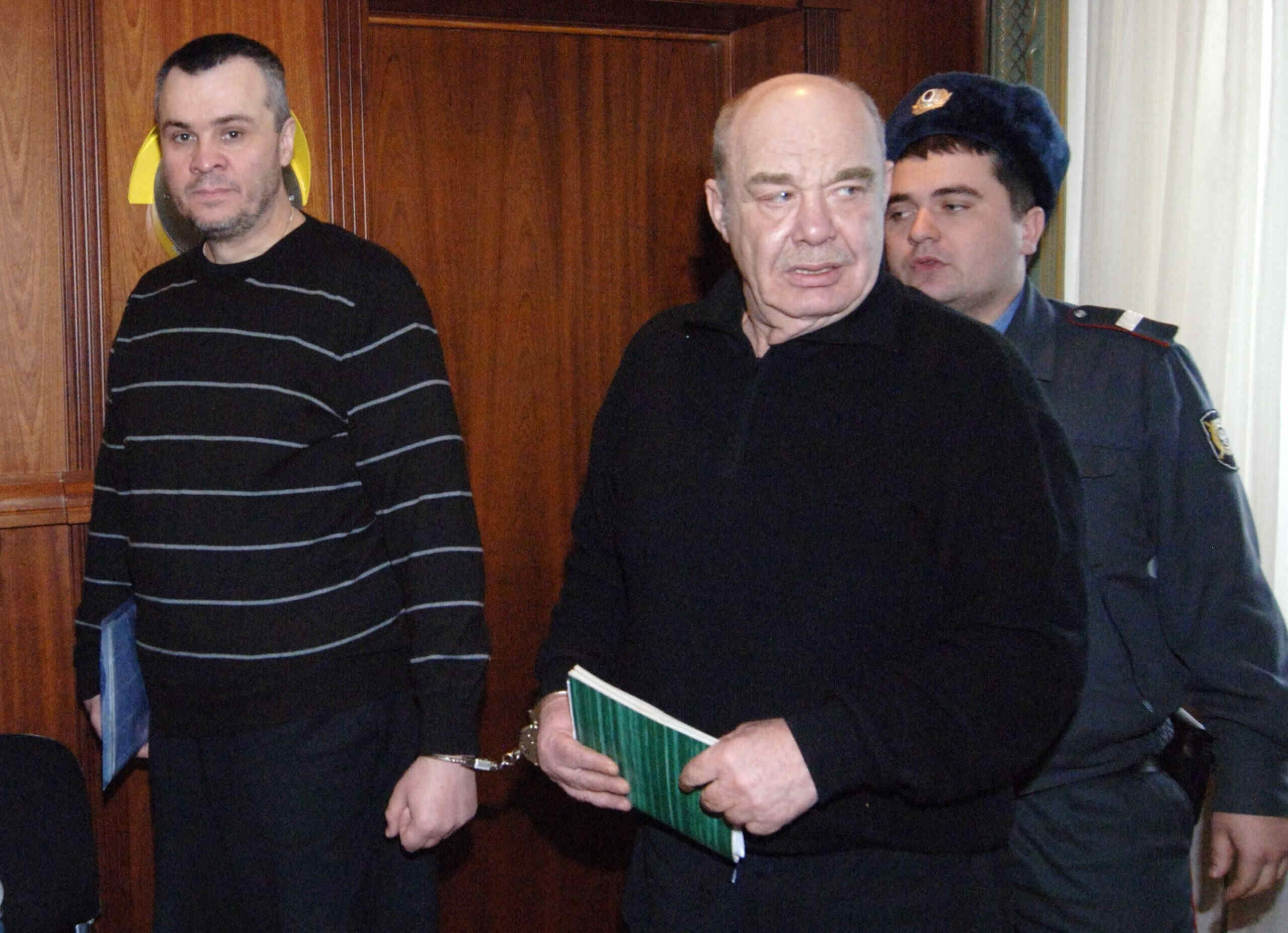
Who is Victor Davis Hanson? Victor Davis Hanson is a prominent American classicist, military historian, and conservative political commentator. Born on September 5, 1953, in Selma, California, Hanson has made significant contributions to the fields of classics, military history, and contemporary politics. His academic journey began with a Bachelor of Arts in classics from the University of California, Santa Cruz, followed by a PhD from Stanford University. Hanson has authored over two dozen books, including "The Western Way of War" and "Carnage and Culture." He is also a senior fellow at the Hoover Institution and a regular columnist for National Review Online.
Key Takeaways:
- Victor Davis Hanson, a California-born scholar, has made significant contributions to classical studies, military history, and conservative commentary. His work has shaped public discourse and provided valuable insights into human nature and societal development.
- With a deep-rooted family history in farming, Hanson's diverse career spans academia, writing, and public commentary. His influence extends beyond academia, impacting public discourse on historical and contemporary issues.
Early Life and Education
Victor Davis Hanson’s journey began in Selma, California, where his family has deep roots.
- Hanson was born on September 5, 1953, in Selma, California.
- His great-grandmother, Luciana Davis, arrived in California in 1871 from Missouri.
- Hanson's father was a school administrator, and his mother was one of California's first female judges.
- Hanson is of Swedish and Welsh ancestry, with his Swedish roots tracing back to Lund, Sweden.
- He received his Bachelor of Arts degree in classics from the University of California, Santa Cruz, in 1975.
- Hanson earned his PhD in classics from Stanford University in 1980.
Academic Career and Positions
Hanson’s academic career is marked by prestigious positions and fellowships.
- He was a National Endowment for the Humanities fellow at Stanford's Center for Advanced Studies in the Behavioral Sciences from 1992 to 1993.
- Hanson served as a visiting professor of classics at Stanford University from 1991 to 1992.
- He has held the Wayne and Marcia Buske Distinguished Visiting Fellowship in History at Hillsdale College since 2004.
- Hanson was the Visiting Shifron Professor of Military History at the U.S. Naval Academy from 2002 to 2003.
Awards and Recognition
Hanson’s contributions have earned him numerous accolades.
- In 2007, President George W. Bush awarded Hanson the National Humanities Medal.
- He received the Eric Breindel Prize for Excellence in Opinion Journalism in 2002.
- Hanson was honored with the Bradley Prize from the Lynde and Harry Bradley Foundation in 2008.
Teaching Career
Hanson’s teaching philosophy emphasizes practical skills derived from classical education.
- He founded the Latin department at California State University, Fresno, and taught there until his retirement in 2004.
- Hanson believes that classical education provides essential skills like reasoning, speaking, and writing well.
Writing Career
Hanson is a prolific writer with a diverse range of topics.
- He has authored over two dozen books, including "The Western Way of War" and "Carnage and Culture."
- His works cover Greek and military history, contemporary culture, and essays on agriculture and immigration.
- Hanson’s latest book, "The End of Everything: How Wars Descend into Annihilation," was published in 2024.
Public Commentary
Hanson’s insights are sought after by major media outlets.
- He has been a commentator for The New York Times, Wall Street Journal, National Review, and The Washington Times.
- His columns often focus on the relevance of classical history to modern issues.
Hoover Institution
Hanson’s role at the Hoover Institution allows him to delve deeper into his research interests.
- He is the Martin and Illie Anderson Senior Fellow in classics and military history at the Hoover Institution.
- This position supports his research on classics and military history, contributing to public policy discussions.
Family Farming
Hanson’s agricultural background has influenced his writing.
- His family has been involved in farming for generations.
- Hanson grew up working on the family farm and continues to be involved in agricultural activities.
- His books "Fields without Dreams" and "The Land Was Everything" explore the challenges and rewards of farming.
Impact on Classical Studies
Hanson’s work has significantly influenced the field of classics.
- His reinterpretation of war in classical Greece, as seen in "The Western Way of War," has had a lasting impact.
- Hanson’s research on the role of small family farmers in the development of democracy is highly regarded.
Publications
Hanson’s notable publications span various topics.
- "The Western Way of War" (1989) explores strategic principles guiding Western military strategy.
- "The Other Greeks" (1995) examines the role of non-Athenian Greeks in ancient Greek culture.
- "Carnage and Culture" (2001) analyzes nine battles to understand Western military success.
Television Appearances
Hanson shares his insights through various television programs.
- He has appeared on shows like Uncommon Knowledge to discuss his books and historical insights.
- These appearances highlight the relevance of classical history to contemporary issues.
Social Media Presence
Hanson engages with his audience through social media.
- He is active on platforms like Facebook, Twitter, and Instagram.
- His profiles offer exclusive content and updates on his latest writings and appearances.
Conservative Political Commentary
Hanson is known for his conservative viewpoints.
- He writes extensively on topics like immigration, cultural decline, and classical education.
- His columns often appear in conservative outlets like National Review Online.
American Battle Monuments Commission
Hanson contributed to preserving American military history.
- He served as a presidential appointee on the American Battle Monuments Commission from 2007 to 2008.
National Review Online
Hanson has been a consistent voice in conservative media.
- He has been a weekly columnist for National Review Online since 2001.
Tribune Content Agency
Hanson’s columns reach a wide audience through syndication.
- Since 2004, he has written a weekly column syndicated by Tribune Content Agency.
Legacy
Hanson’s impact extends beyond academia.
- His work influences public discourse on historical and contemporary issues, providing valuable insights into human nature and societal development.
Hanson's Lasting Influence
Victor Davis Hanson has left a significant mark on classics, military history, and political commentary. His work connects ancient history with modern issues, making him a respected voice in both academic and public spheres. From his early days in Selma, California, to his prestigious roles at institutions like the Hoover Institution, Hanson has consistently emphasized the importance of classical education and its practical applications. His books, such as "The Western Way of War" and "Carnage and Culture," offer deep insights into the strategic principles of warfare and the cultural implications of historical events. Hanson's conservative viewpoints and his ability to relate ancient wisdom to contemporary problems have made him a sought-after commentator. Whether through his teaching, writing, or public appearances, Hanson's contributions continue to inspire and educate, ensuring his legacy endures for future generations.
Frequently Asked Questions
Was this page helpful?
Our commitment to delivering trustworthy and engaging content is at the heart of what we do. Each fact on our site is contributed by real users like you, bringing a wealth of diverse insights and information. To ensure the highest standards of accuracy and reliability, our dedicated editors meticulously review each submission. This process guarantees that the facts we share are not only fascinating but also credible. Trust in our commitment to quality and authenticity as you explore and learn with us.


